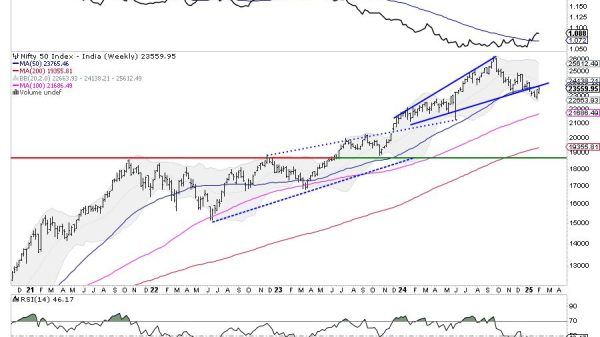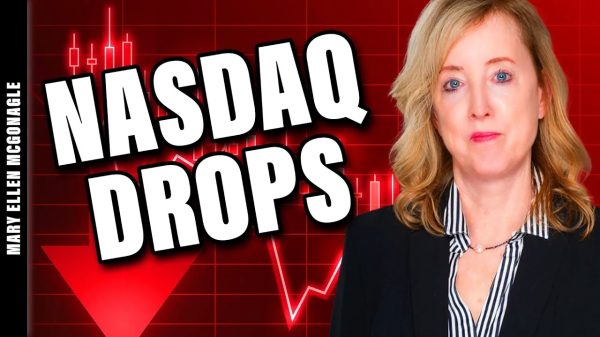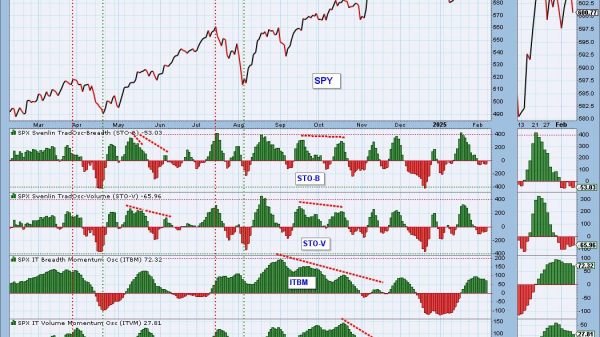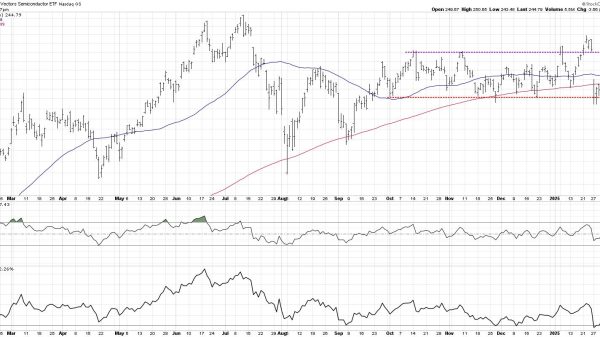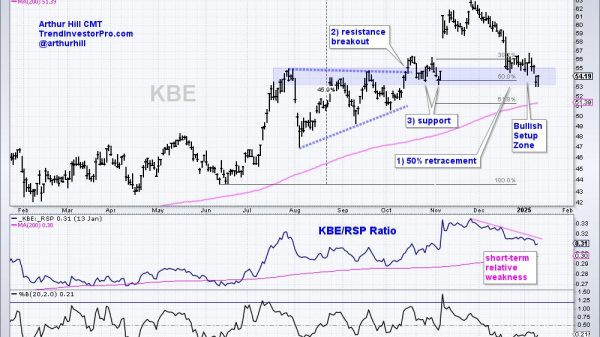UK economy resilient despite energy cost, inflation
Despite rising energy costs and inflation, there are no immediate signs of a slowdown in the UK economy. The change in the energy price limit has resulted in energy costs surging between March and April 2022. While this has caused significant pain for those affected, it is difficult to point to any signs of economic weakening.
The latest Purchasing Managers’ Index (PMI) surveys show that the services and construction sectors are continuing to expand, with the service sector growing at a higher rate than expected.
This positive trend is reflected in the retail sector, where Next Plc outperformed its somewhat bleak outlook, and British Airways owner IAG SA anticipates beating full-year revenue estimates. However, buyers remain cautious in their investments.
It is fair to say that the hiatus caused by the mini credit crunch is disappearing in October, and a rise in current rates is likely to affect prices.
UK and US economies face uncertainties
Despite the resilience of the UK economy, uncertainties remain, with strike action and other factors causing volatility in the market. The situation is further complicated by the work of the Bank of England.
Meanwhile, in the US, job growth is expected to slow further in April following indications from the Federal Reserve that it is moving closer to ending its interest rate hike cycle. Economists predict the US will add 183,000 nonfarm payrolls last month, with the unemployment rate increasing from 3.6 percent to 3.7 percent. However, on an annual basis, wages are expected to increase by 4.2 percent.
As inflation continues to be a key factor, the labor market may become more important than it was. With energy costs set to remain high, it is likely that inflation will continue to be a challenge. While the UK economy remains robust, uncertainties in the global market suggest that caution is warranted.
The post UK economy resilient despite energy cost, inflation appeared first on FinanceBrokerage.











